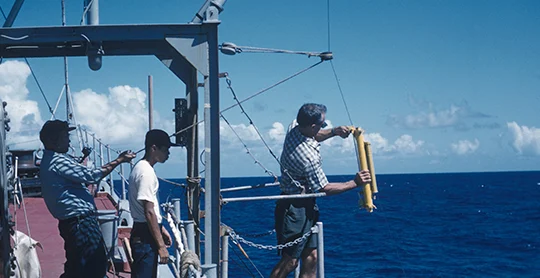Biodiversa+ aims at supporting research and innovation and the development of actionable knowledge to tackle the drivers of biodiversity loss and ecosystem degradation through a shared strategy, annual joint calls for research projects and capacity building activities.

To get a better understanding of the research and innovation landscape, and identify possible gaps and needs, Biodiversa+ develops mapping activities. It has notably developed a comprehensive database of biodiversity research programmes and projects, that allows to perform analysis of the funding landscape for biodiversity research, the profile of funded research and the possible complementarities of biodiversity research priorities among countries and agencies in Europe.
Biodiversa+ also developed a catalog of existing biodiversity research infrastructures to give an overview of available facilities, accessibility, and promote their use. This mapping also allows identifying existing gaps as well as potential barriers and opportunities for successful cooperation.
With the Biodiversa+ partners and following a consultation of a broad range of stakeholders, Biodiversa+ had developed it Strategic Research and Innovation Agenda which presents the long-term strategic vision of Biodiversa+, including broad research themes that will guide a broad range of activities over the coming years.
Biodiversa+ supports research and innovation by launching annual thematic joint calls for research. Through its calls, Biodiversa+ supports excellent research that can demonstrate relevance for society and policy. With the objectives to break the silos between research and practice and between different research fields, Biodiversa+ promotes inter- and transdisciplinarity and the engagement of stakeholder in the research projects it funds.
Biodiversa+ also works towards improving the impact of the projects it funds by communicating on the results of its funded projects, both at the academic level but also in terms of policy or society relevant products.
Biodiversa+ organizes events and develops tools to reinforce the capacities of the research community and help researchers to be successful in our calls, notably in terms of stakeholder engagement, policy relevance of research, citizen science, communication, data management, etc.